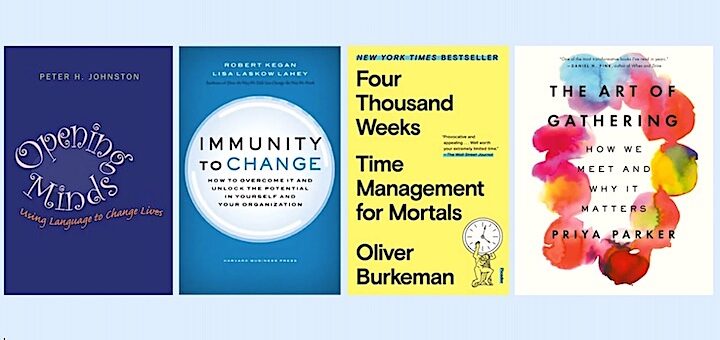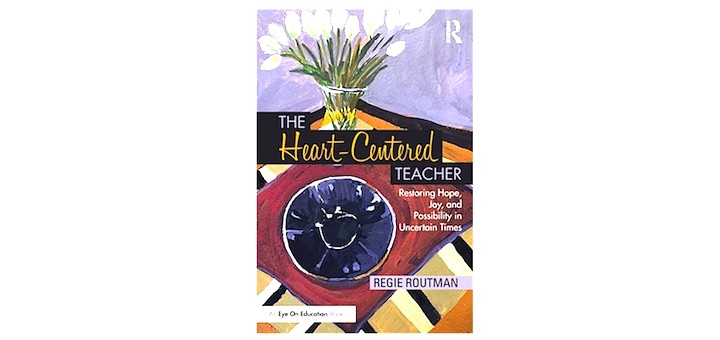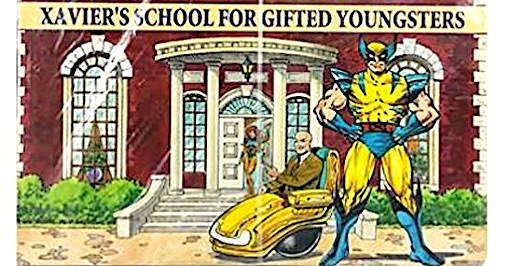Handling Tragedy and Crisis in the Classroom
Prior to 9/11, Barbara Blackburn’s first choice when crisis and tragedy impacted the classroom was to allow an open discussion. After an inappropriate statement by a student shut down communication, she began to develop more tractable writing strategies, which she shares here.


























